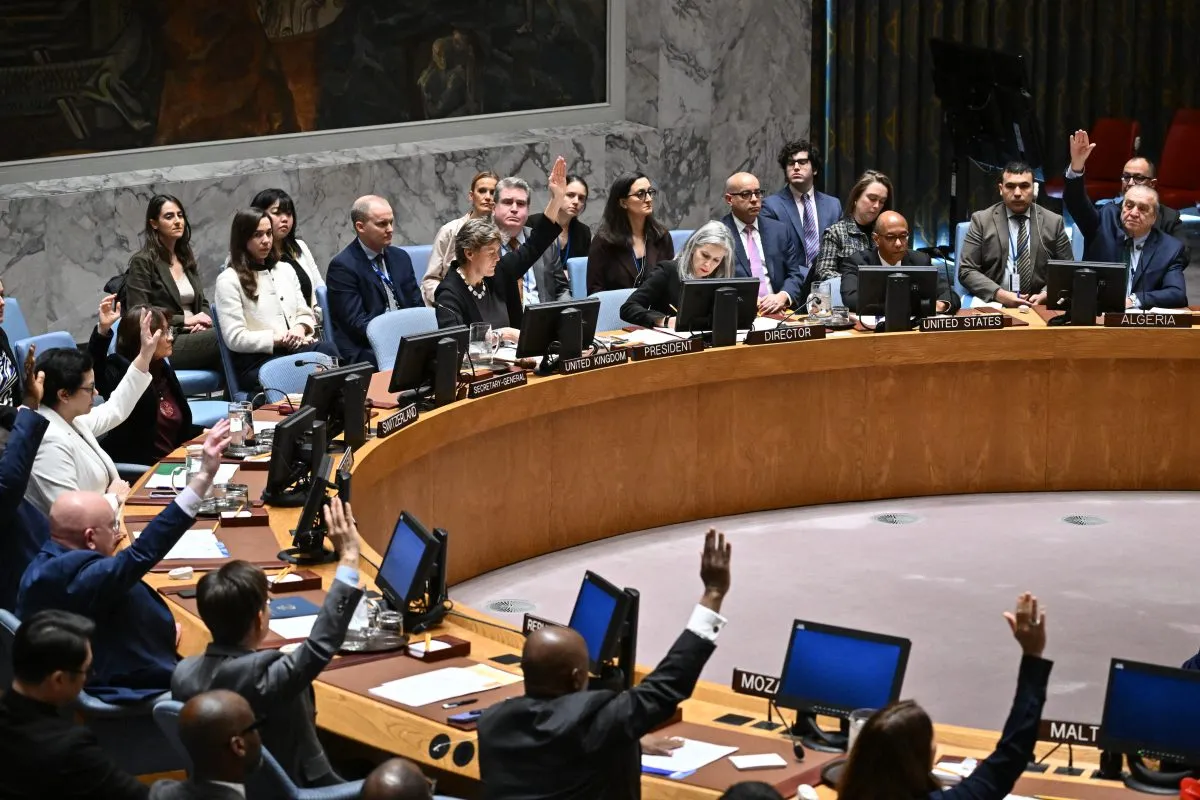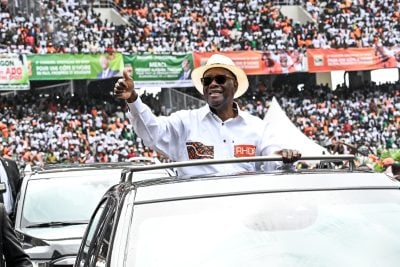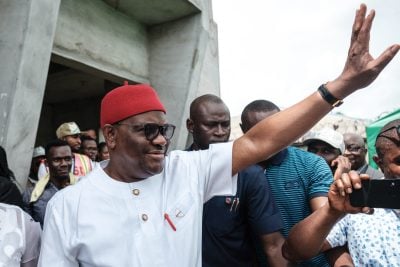Africa is not “unified” on what it would mean to have two permanent seats on the UN Security Council, despite the continent’s demands for representation, according to the outgoing US ambassador to the United Nations.
Speaking at the Center for Strategic and International Studies, Linda Thomas-Greenfield, who has been in the post since 2021 and previously served as US assistant secretary of state for African affairs from 2013 to 2017, said competing claims for eligibility were likely if Africa was granted two seats on the decision-making body.
“Nigeria says it’s not a question, of course, Nigeria is going to get one. And South Africa says this is not up for discussion. And then I hear from Ethiopia we should have always had a permanent seat, we were a victor in World War II, so what are you talking about? Of course, Ethiopia is going to have a permanent seat.
“I don’t think the continent is unified on what it will mean to have two permanent seats.”
Although Africa is of critical importance to global affairs and is often the main subject of the UN Security Council discussions, no African nation currently holds a permanent seat on the Council.
Thomas-Greenfield also noted that North African countries are also part of the African Union and might expect to sit on the Council.
“And then you have North Africa – they’re part of the AU. They’re on the continent. So where does Egypt and Algeria and Morocco fit into what is going to happen? So Africans are going to have to sit in the context of the AU or in the context of the C10 [the AU’s committee of ten, a group of ten African states] and figure out what it means for them. That’s not going to be for me to decide.”
Biden’s pledge
In his first year in office, President Biden pledged a permanent seat for an African member state at the Security Council. And in September 2024 the US announced that it would support the addition of two new permanent seats for African countries. With the new Trump administration inaugurated this week, the approach to this issue may shift. As of now, there have not been any official statements on the US position by the incoming administration.
However, Thomas-Greenfield said that many details would have to be discussed in future negotiations.
“It is not something that the US on its own will decide. One of the responses I got on our announcement that we supported two permanent seats is, “yay”, that means one seat will go to the African Union and one seat will be rotating for ten years.
“And I went back and said what’s permanent about a rotating seat? And when did the African Union become a member state? Because that’s what the Security Council is made of. So it’s a discussion. We’ll continue that discussion and hopefully get to a place where we come out of this with a new UN that is more fit for purpose than what it is today.”
But Thomas-Greenfield said that Security Council reform was likely to be a long process involving multiple parties.
“We are trying to move that needle. And it doesn’t mean the needle is going to go from here to here immediately. It’s going to go from here to here. And then we lock that in and it goes from here to here until we get to a place that we want to find ourselves. And it’s not just about what the Africans want; it’s about what the rest of the world wants as well.”
Want to continue reading? Subscribe today.
You've read all your free articles for this month! Subscribe now to enjoy full access to our content.
Digital Monthly
£8.00 / month
Receive full unlimited access to our articles, opinions, podcasts and more.
Digital Yearly
£70.00 / year
Our best value offer - save £26 and gain access to all of our digital content for an entire year!

 Sign in with Google
Sign in with Google 



